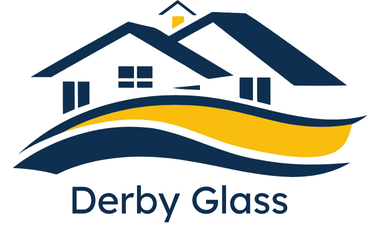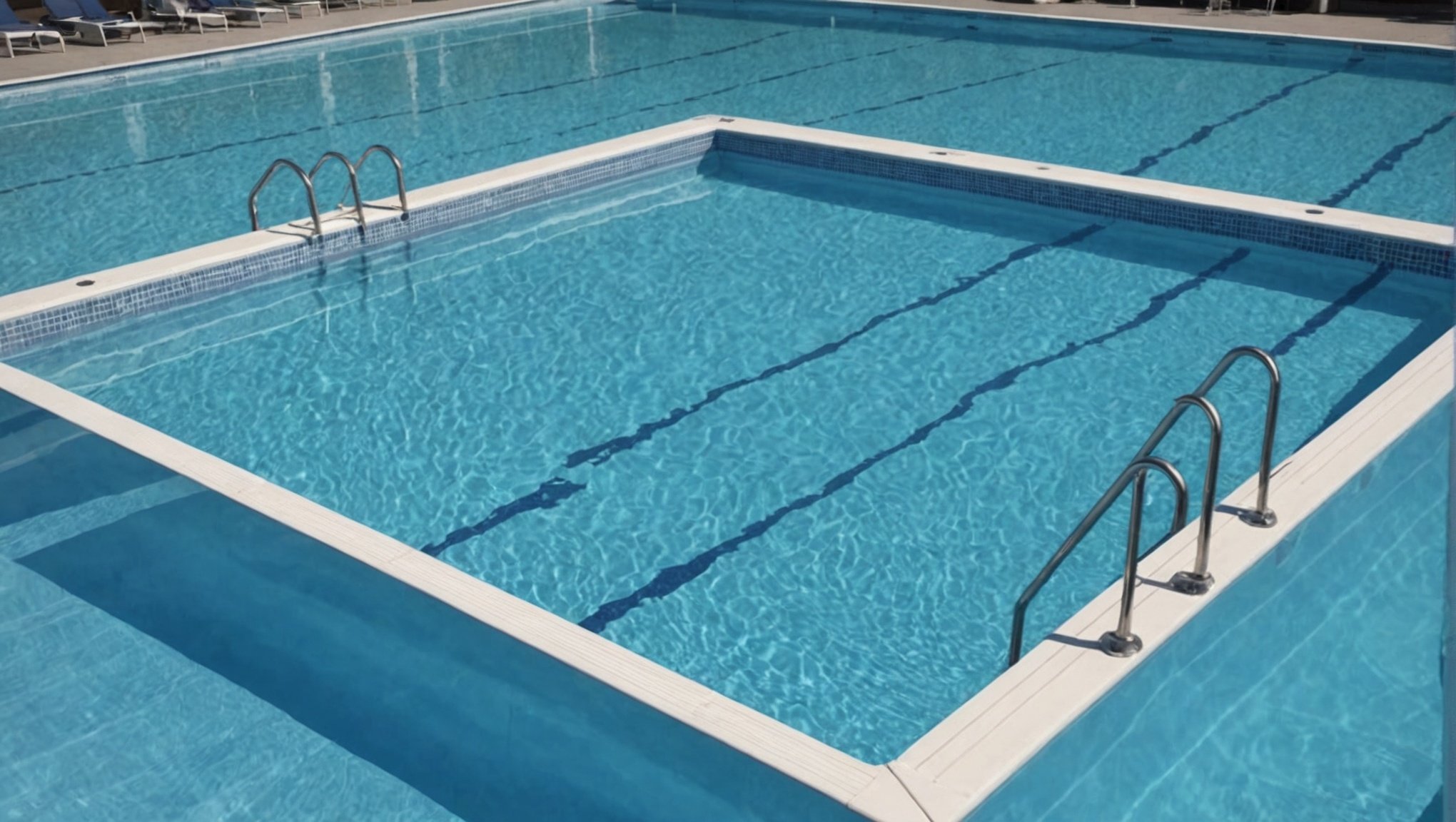When you’re investing in a swimming pool, the liner is one of the most crucial aspects to consider. The pool liner acts as a barrier between the pool’s structure and the water, helping to prevent leaks and maintain a clean, attractive appearance. In the UK, where weather conditions can vary drastically from scorching summers to freezing winters, choosing a durable, weather-resistant liner is crucial. This article will explore types of pool liners – including vinyl, fiberglass, Renolit Alkorplan PVC liners and natural pond liners – to help you determine the best option for your pool.
The Durability of Vinyl Pool Liners
Vinyl pool liners are a popular choice for their relative affordability and wide variety of design options. These liners are made from a large sheet of vinyl that is cut to fit the size and shape of your pool. They are then secured in place to form a smooth, continuous barrier between the pool structure and the water.
A voir aussi : What are the legal requirements for building a swimming pool in a UK home?
While vinyl is notably flexible and can easily be moulded to fit any pool design, it’s important to note that it can be susceptible to damage from sharp objects, such as pool toys or tree branches. However, many high-quality vinyl liners are treated to resist damage from UV radiation and pool chemicals, which can significantly increase their lifespan.
One of the advantages of vinyl liners is their ease of replacement. Should your liner become damaged, it can be easily removed and a new one installed without significant cost or downtime for your pool.
A lire en complément : How can you use landscaping to enhance privacy around your UK home swimming pool?
Why Fiberglass Pool Liners Stand Out
Fiberglass pool liners are a robust and durable choice for swimming pools. These liners are factory-moulded into a single, solid piece that is then fitted into the excavated pool area.
The main advantage of fiberglass liners is their strength and durability. Fiberglass is a tough, resilient material that can withstand a wide range of weather conditions. It is also resistant to the common types of damage that can affect pools, such as cracking from ground movement and damage from pool chemicals.
Fiberglass liners are also highly smooth and nonporous, making them resistant to algae growth and easy to clean. This can reduce the amount of maintenance your pool requires, allowing you to spend more time enjoying your pool and less time caring for it.
Renolit Alkorplan PVC Liners: The Premium Choice
When it comes to durability and longevity, Renolit Alkorplan PVC liners are often considered the top-of-the-line option. These liners are made from a flexible PVC material that is both strong and resilient.
One of the key features of Renolit Alkorplan liners is their unique multi-layer construction. These liners consist of two layers of flexible PVC, sandwiching a layer of polyester mesh. This design provides exceptional strength and tear resistance, making it an ideal choice for pools in areas with harsh weather conditions.
Additionally, Renolit Alkorplan liners are treated with special UV-resistant and anti-algae coatings. These treatments not only further increase the liner’s durability, but also significantly reduce the amount of maintenance required to keep your pool looking clean and beautiful.
Natural Pond Liners: A Unique Alternative
If you’re looking for a more natural or eco-friendly option, a natural pond liner may be the best choice. These liners are designed to create a natural-looking body of water that blends seamlessly into your landscape.
Natural pond liners are typically made from a rubber material, such as EPDM, which is flexible and highly resistant to UV degradation. These liners are also designed to withstand a wide range of temperatures, making them a great choice for UK weather conditions.
One thing to consider when choosing a natural pond liner is the level of maintenance required. Natural ponds may require more cleaning and care than traditional pools to maintain a healthy, clean environment. But for those seeking a more natural, organic swimming experience, a pond liner can offer a unique and appealing aesthetic that no other liner can provide.
Weighing the Cost of Pool Liner Installation
Regardless of the type of liner you choose, it’s important to also consider the cost of installation. Vinyl and natural pond liners are typically the most affordable to install, while fiberglass and Renolit Alkorplan liners can be more costly due to the materials used and the complexity of the installation process.
Ultimately, the best type of pool liner for your needs will depend on a variety of factors, including your budget, your design preferences, and the specific weather conditions in your area. By understanding the pros and cons of each type of liner, you can make an informed decision that will ensure your pool is both beautiful and durable for many years to come.
Concrete Pools: A Solid Investment
Concrete pools serve as enduring, long-lasting choices that have been popular for decades. A concrete pool is created by spraying a mix of cement and sand onto a reinforced steel structure. Once dry, it forms a solid, integrated part of your yard’s landscape.
The strength of a concrete pool is one of its most impressive attributes. The liner is virtually indestructible, resisting damage from sharp objects, pool cleaning chemicals, and UV radiation. Despite the UK’s fluctuating weather conditions, these liners can withstand everything from the harshest winter freeze to the hottest summer day.
An additional advantage of concrete pools is their customizability. Unlike vinyl or fiberglass pools, which come pre-formed, concrete pools can be made in any shape or size, making them an excellent choice for unique or irregularly shaped areas.
However, concrete pools do have certain shortcomings. They can be rough on the skin and swimwear over time, and they require more routine maintenance than other liner types to keep algae at bay. Furthermore, while concrete pools are highly durable, they can take longer to install and are usually more expensive than other options.
Customer Reviews: What Are Customers Saying?
The best way to assess a pool liner’s durability and suitability for the UK weather conditions is to look at customer reviews. These reviews provide real-world insights into how different types of liners withstand the UK’s unique climate.
Generally, vinyl and fiberglass pools earn high marks for their affordability and low-maintenance nature. Both liners are praised for their resistance to damage and their easy-to-clean surfaces.
Renolit Alkorplan PVC liners, despite being more expensive, are often highly rated for their excellent durability and resistance to UV radiation and pool chemicals. Customers appreciate the liner’s exceptional strength and the reduced maintenance it requires.
Natural pond liners and concrete pools also receive positive reviews, particularly from customers seeking more natural or customizable options. However, these liners do require more diligent maintenance, which might be off-putting for some.
Conclusion: Choosing the Right Pool Liner for Your Needs
To sum it up, there’s no one-size-fits-all answer when it comes to choosing a pool liner. Every type of liner – be it vinyl, fiberglass, Renolit Alkorplan, natural pond liner, or concrete – has its pros and cons.
Vinyl and fiberglass pool liners are affordable and easy to maintain, but they can be susceptible to damage. Renolit Alkorplan liners offer superior durability and resistance to harsh weather conditions, but they come with a higher price tag. Natural pond liners and concrete pools offer a unique aesthetic and customization, but require more care and upkeep.
When deciding on a pool liner, think about your budget, your design preferences, and how much time you’re willing to spend on maintenance. The UK’s weather conditions can be challenging, but by carefully considering these factors and consulting customer reviews, you can find a liner that keeps your swimming pool attractive and functional for many years to come.











